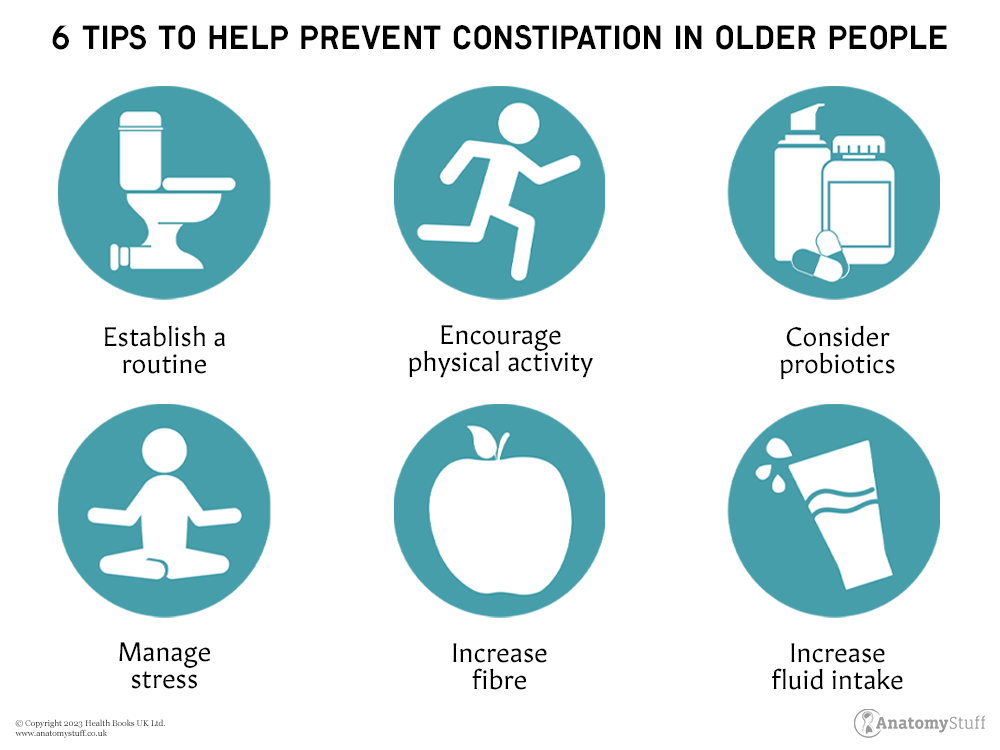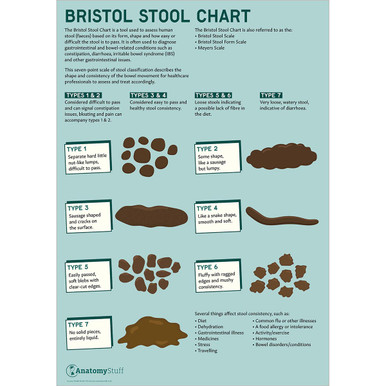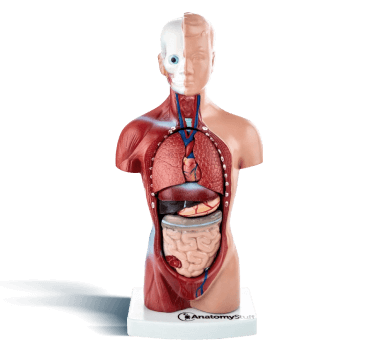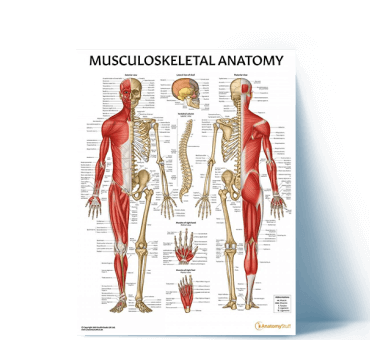Tips to Reduce Constipation in the Elderly
Constipation is a common problem for older adults. It happens for various reasons, such as lack of physical activity, decreased fluid intake and side effects of medications. However, there are lots of helpful things you can do to keep your bowels moving.
Here are some tips to help prevent constipation in older people
Increase Fluid Intake
Try to drink plenty of water and other fluids throughout the day. This can help soften the stool and make it easier to pass.
Increase fibre
Eat a high-fibre diet. This includes lots of fruits, vegetables, and whole grains. Fibre helps add bulk to the stool and makes it easier to pass.
Encourage physical activity
Try to engage in regular physical activity, such as walking or light exercise. Physical activity can help stimulate bowel movements and promote regularity.
Review medications
Some medications can cause or aggravate constipation. Speak to your GP or pharmacist, who may suggest switching or adjusting your medications. This is called a medication review.

Establish a routine
Try to establish a regular routine for bowel movements. This can help train the body to have bowel movements more consistently.
Laxatives
Laxatives are a type of medicine that can treat constipation. They are often used if lifestyle changes have not helped. Although many laxatives are available to buy over the counter, it is always best to speak to your GP first.
Consider probiotics
Probiotics may help promote bowel regularity by restoring the natural balance of bacteria in the gut.
Manage stress
Stress can contribute to constipation. Have you considered engaging in stress-reducing activities such as yoga or meditation?
Constipation is a common problem that can be reduced significantly with a few simple lifestyle changes.
It is always important to seek medical advice if constipation persists despite these interventions to rule out any serious causes or complications.
Related products
View All











